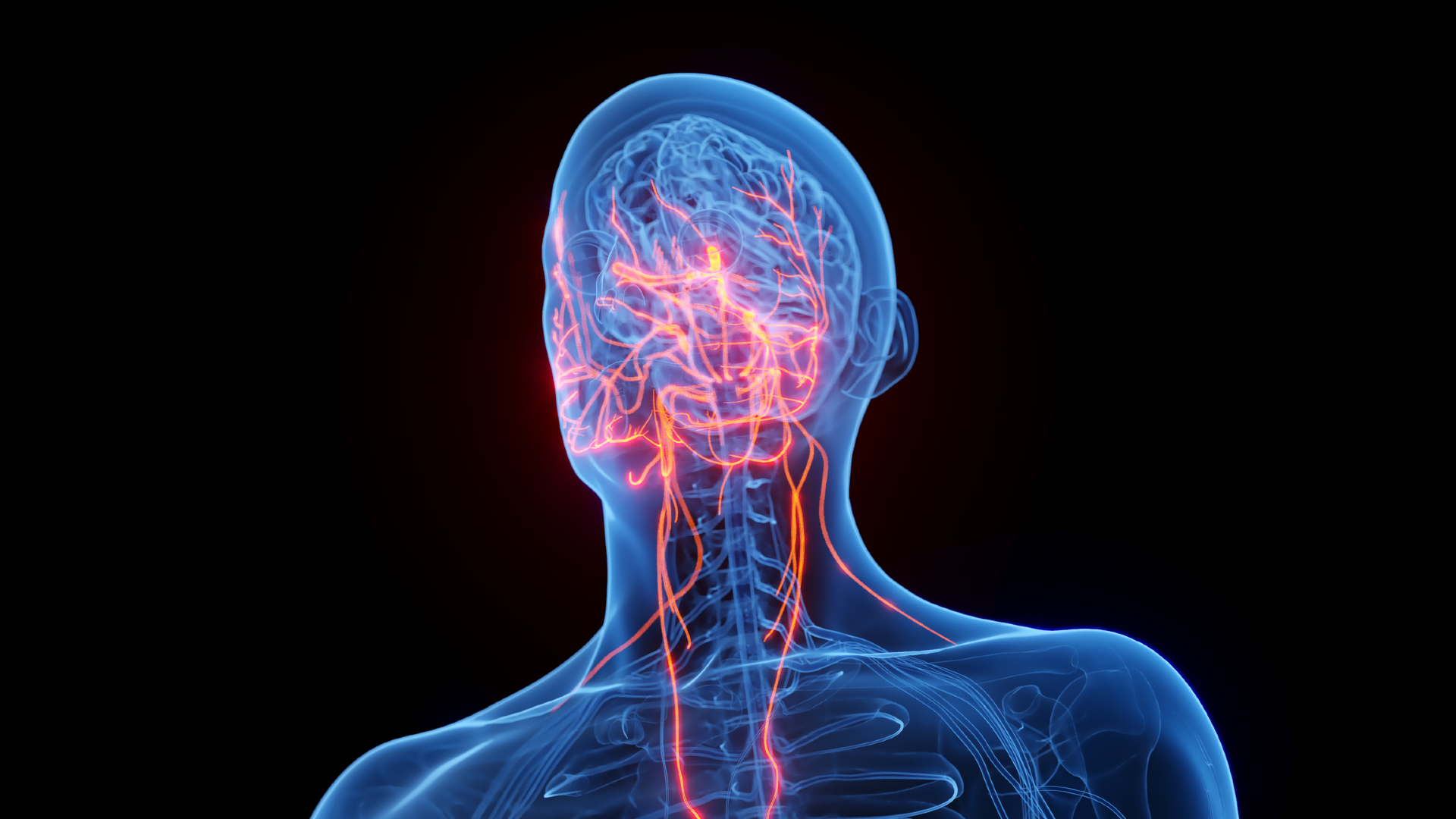Is a 'Mystery Virus' Causing Former Tennis Starꞌs Bizarre Symptoms?

Get the world’s most fascinating discoveries delivered straight to your inbox.
You are now subscribed
Your newsletter sign-up was successful
Want to add more newsletters?

Delivered Daily
Daily Newsletter
Sign up for the latest discoveries, groundbreaking research and fascinating breakthroughs that impact you and the wider world direct to your inbox.

Once a week
Life's Little Mysteries
Feed your curiosity with an exclusive mystery every week, solved with science and delivered direct to your inbox before it's seen anywhere else.

Once a week
How It Works
Sign up to our free science & technology newsletter for your weekly fix of fascinating articles, quick quizzes, amazing images, and more

Delivered daily
Space.com Newsletter
Breaking space news, the latest updates on rocket launches, skywatching events and more!

Once a month
Watch This Space
Sign up to our monthly entertainment newsletter to keep up with all our coverage of the latest sci-fi and space movies, tv shows, games and books.

Once a week
Night Sky This Week
Discover this week's must-see night sky events, moon phases, and stunning astrophotos. Sign up for our skywatching newsletter and explore the universe with us!
Join the club
Get full access to premium articles, exclusive features and a growing list of member rewards.
Former professional tennis player Marion Bartoli says that a mysterious virus is causing her to experience bizarre symptoms, but experts say they donꞌt know of any virus that fits the description of her illness.
Yesterday (July 7), Bartoli addressed rumors that she has an eating disorder by saying that she has been diagnosed with a virus that doctors have not been able to identify. The virus has made her sensitive to electrical devices, including her cellphone, and left her unable to eat anything but organic salad, the former Wimbledon champion said, according to The Guardian.
"Iꞌm reduced to eating organic salad leaves with cucumber without the skin, because my body can't even process the skin," Bartoli was quoted as saying. "I canꞌt be on my phone for more than five minutes as my heart starts to pump ... Every time I do something, Iꞌm scared to see the reaction to my body," she said. Bartoli also said she is sensitive to tap water, and must wash herself with mineral water.
"There's not one specific virus that I know of thatꞌs known to cause those types of symptoms," said Dr. Amesh Adalja, an infectious-disease specialist and a senior associate at the University of Pittsburgh Medical Center's Center for Health Security, who is not involved with treating Bartoli. [Here's a Giant List of the Strangest Medical Cases We've Covered]
Some viral illnesses are known to cause people to have odd sensations, such as feelings of pain, tingling or numbness, because the virus damages nerves, Adalja said. But the viral illnesses that cause such symptoms, such as shingles and HIV, are often easy to diagnose, Adalja said.
Neuropathy can also have other causes, including a bacterial infection or exposure to certain toxins. For example, exposure to a chemical called ciguatoxin, which is produced by microorganisms and can be present in the fish that consume them, may cause increased sensitivity to hot and cold, Adalja said. People exposed to ciguatoxin, which also causes gastrointestinal problems, can experience symptoms for weeks or months. They may even get better only to have their symptom recur after they eat certain foods, including fish or nuts, or drink alcoholic beverages, according to the Woods Hole Oceanographic Institution.
For some of Bartoli's reported symptoms — including heart palpitations when on her cellphone and an inability to eat anything other than organic salad — a viral cause doesn't seem biologically plausible, Adalja said.
Get the world’s most fascinating discoveries delivered straight to your inbox.
"I donꞌt think I can think of a pathophysiological mechanism" by which a virus could cause the heart to pump faster when on a cellphone, Adalja said. And it's not clear how a virus would distinguish between organic and non-organic food, he said. "Organic is more of a marketing label than any substantial difference in the food," Adalja said.
When people have chronic symptoms after they recover from an infectious disease, they may sometimes attribute their new symptoms to the illness, even if they aren't related. "It becomes hard to untangle what's actually a residual effect [of the illness], and what is something else thatꞌs going on that may not be related to it," Adalja said.
In other cases, doctors simply can't figure out what is going on with a patient, and may attribute the patientꞌs symptoms to a virus, Adalja said.
If a person was ill but no longer has the virus or infectious agent in their body, it can be very difficult to figure out what they were infected with, Adalja said. A doctor might test for the more common viruses but is "left with really no answer," if the tests don't show a cause, he said.
Bartoli said she thinks she became infected with a virus during a trip to India. She says she will start treatment for her condition next week.
Original article on Live Science.

Rachael is a Live Science contributor, and was a former channel editor and senior writer for Live Science between 2010 and 2022. She has a master's degree in journalism from New York University's Science, Health and Environmental Reporting Program. She also holds a B.S. in molecular biology and an M.S. in biology from the University of California, San Diego. Her work has appeared in Scienceline, The Washington Post and Scientific American.
 Live Science Plus
Live Science Plus










